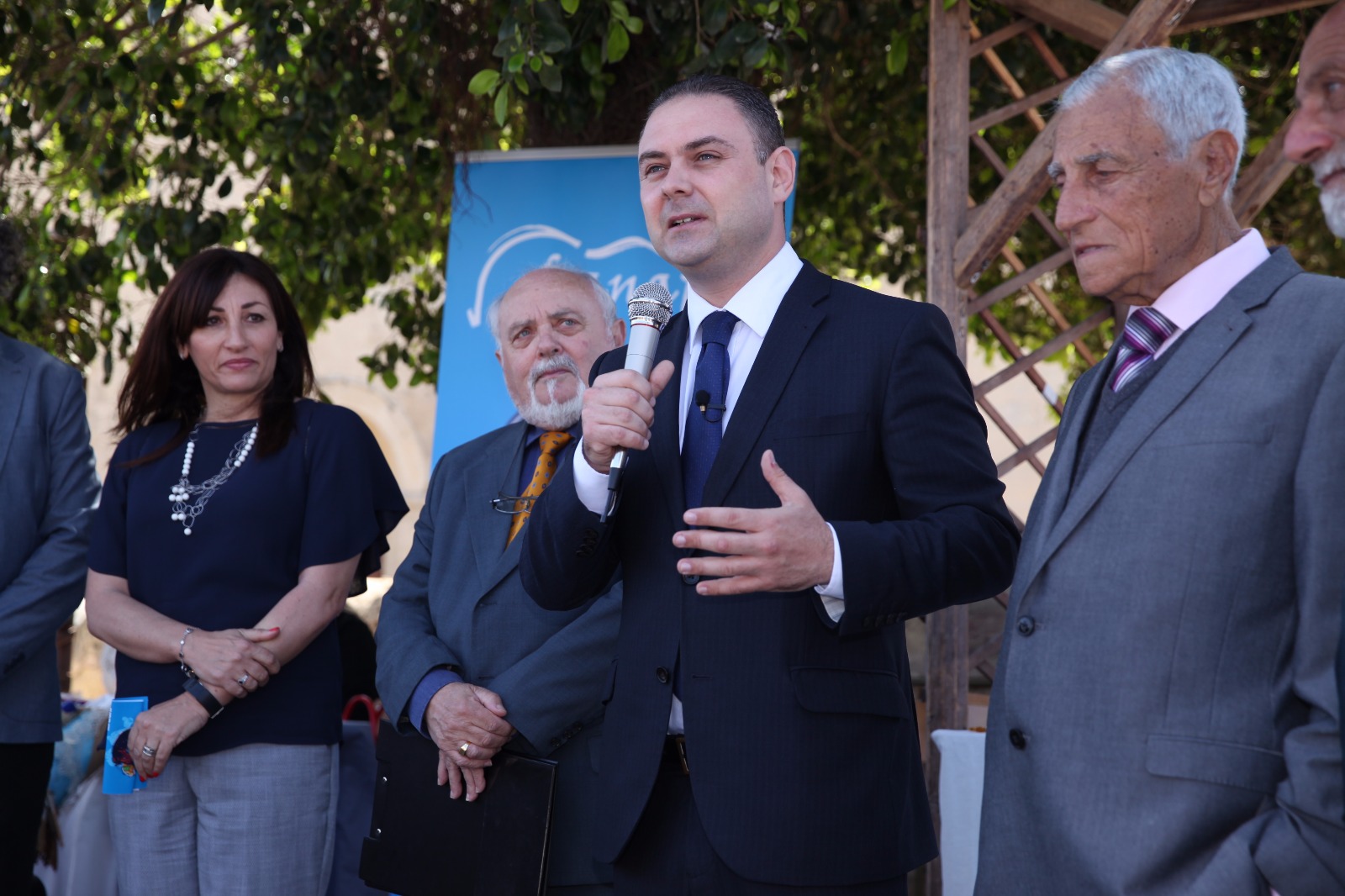
“The festival, which started back in 1998, is a celebration of local traditional music which comes in various forms, each having different characteristics. The festival preserves this heritage, creates awareness and keeps this tradition alive,” said Annabelle Stivala, Director Festivals within Arts Council Malta. Għanafest is now rooted deep into the Maltese rich and flavoursome cultural calendar. The long, resolute tradition behind the festival, however, has been no cause for inhibition to its creators and it has not kept them from thinking outside the box. This year, in fact, the Għanafest returns with its full authenticity and an added dash of zest. It has been made sure that this prestigious festival does not only make it to the public calendars, but goes all the way into the heart of Malta’s oldest villages, attracting veterans and novices alike. The format has been changed from the traditional three-day festival to a chain of events that will take followers to different locations. At each place, the public will be invited to savour the traditional elements of Maltese song as they are relived and blended in with modern tangs which have inevitably been absorbed into our customs, adding colour and taste from today’s artistic world.
This was explained by the festival’s artistic director Renzo Spiteri, who stated that “as of this year, Għanafest will make a return to its roots and the focus will be more on the local folk aspect. Our għannejja will feature in a two-day festival in Żejtun, at L-Imnarja and also in fringe events in Marsaxlokk and Birżebbuġa. I feel this is a fitting way of celebrating ten years of Għanafest and a way forward in promoting local folklore and heritage. As in past editions, the festival will also feature local produce and artisan markets to make these events a great outing for the whole family”.
Addressing the press, Minister Owen Bonnici said that in these past four years, the government has worked to steer different facets of the arts and culture sector, from the classical to the contemporary, and has invested so that these continue to grow and to be accessible to everyone. The government’s investment and the work of the Festivals Directorate and Arts Council Malta, have created and consolidated a series of music festivals that today have become a fixed appointment in the cultural calendar and that, as time goes by, are attracting greater participation and instilling renewed appreciation of Maltese musical and cultural traditions.
“It is with pleasure, therefore, that we are launching this festival dedicated to Maltese għana, a musical tradition that reflects Maltese social life, but also a tradition where the Maltese language stands out. As a government we pledged to protect Maltese cultural and artistic traditions, and here today, we are witnessing proof of our work,” Minister Bonnici said.
“At the same time, in all our work in the culture sector, our aim is always to create a legacy for future generations. It is essential, therefore, that this legacy embraces that which is traditional and folk with the modern and contemporary, so that Maltese culture remains strong and alive. This is what Għanafest is doing, by bringing għana, a tradition so dear to us, to new generations of Maltese, Gozitans as well as foreign audiences,” he concluded.

The selected locations have strong ties with the birth of our folk tunes and provide excellent backdrops to the traditional yet innovative stance of this festival. The festival kicks off on Friday, June 23 & 24. The music shall take the public back to Żejtun, the birth place of many singers of repute and the cradle of our folk song itself, where two evenings of traditional song will be held. To date, singers fuel the life into the heart of the village as they fill the local teashops with their music – a living tribute to the gift of our għana, so fondly bred and nurtured by our forefathers. Indeed, it is no coincidence that the village itself bears a number of monuments reminiscing key-personas and a dedicated garden, flourishing in their name. Tickets for each evening cost Eur3.
The 28th and 29th of June shall bring this festival to its final notes, but not before marking its grand-finale at the festivities of l-Imnarja, which has for long been so passionately celebrated by the Maltese. Traditional song will liven up Buskett on the evening of the 28th and the morning of the 29th, making this year’s feast equally memorable to participants and members of the public. On the evening of the 29th, festivities will proceed to the salty shores of Birżebbuġa, another reference point to singers and musicians alike. Much like Żejtun, Birżebbuġa retains a prestigious reputation as a stronghold for the għannejja and daqqaqa. For long, it has brought together both amateur and seasoned singers to share the setting of the village as a milieu for their favourite pastime. All Imnarja events are free of charge.
We invite you to indulge in this fusion of traditions. So mark the dates and let the folk song take you where its heart beats the strongest. For more information, contact Arts Council Malta on 2339 7000 or visit www.għanafest.com.
Submitting ...
Saving ...
Any applications related to this entity, will also be automatically deleted.